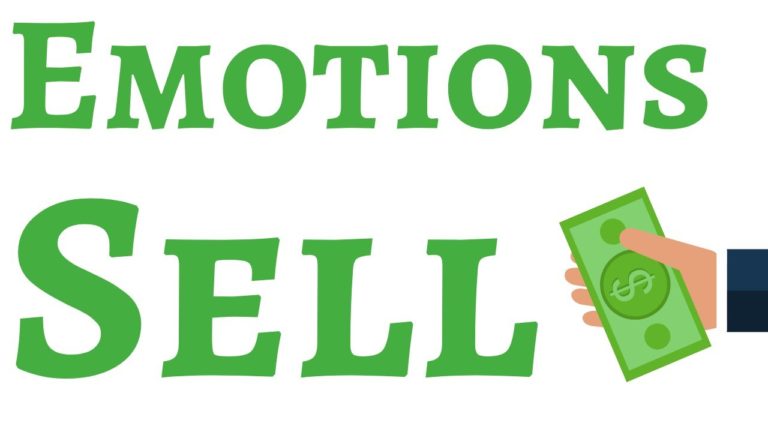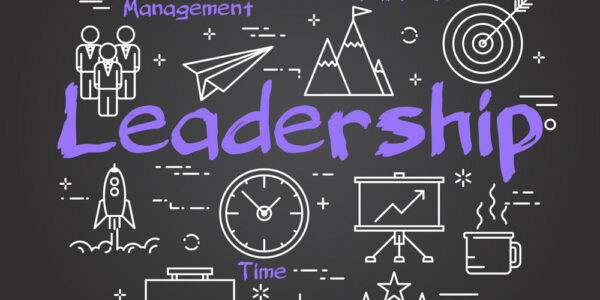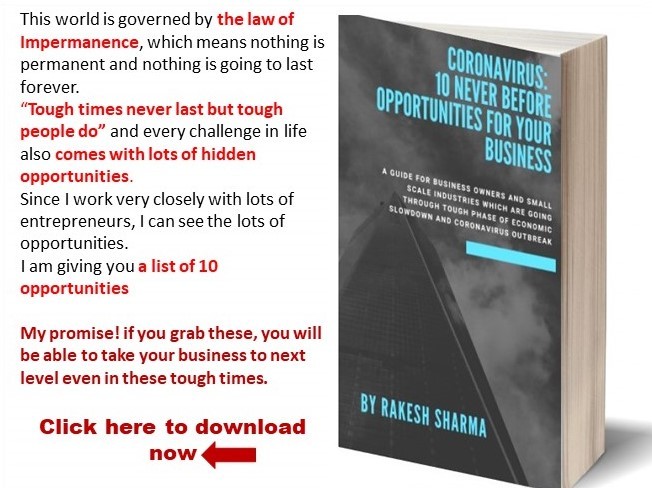Have you come across a situation where you gave a very good sales pitch, full of facts and figures, with a very strong logic; you gave all the reasons to convince your customer that the product matches his requirements perfectly, and he still didn’t buy it?
Do you wonder why did this happen? Why did the prospect not take a decision in favor of buying your product?
If you are looking to understanding the reasons, along with ways to tackle the above situation then go through this article till end. I am going to share with you why this happens and how can you tackle this situation favorably.
Friends my name is Rakesh Sharma and I EMPOWER the business owners and the salespeople to grow their business and maximize their profits.
I am going to share with you something really powerful, and mind you, it actually has the potential to change your destiny! And make you the sales superstar! So read carefully and try to grasp the concept, make notes if you will. This will help to imprint the concept into your brain, so it can come handy precisely when you need it the most.
Now let’s get going. A sale works with the customer taking the decision and the salesperson acting as an essential catalyst in the process. The prospect decides and seller facilitates the decision. For this, the sellers use traditional wisdom of creating a sales pitch that is full of product features and specifications. They give all the facts and figures to convince the customers that their product is the best. The assumption behind this approach is that prospect is going to make the buying decision based on rational logic, facts, and figures. This is true to some extent, but the psychologists have found something different. They claim that all decisions are first emotional, and they are later justified with logic.
Antonio Damasio the professor of Neuroscience at Southern California University said in his book Descartes Error, “emotion is a necessary ingredient to almost all decisions,”
All the prospects have some type of previous experience and therefore their decisions are impacted by their emotions associated with the previous experience.
Peter Noel Murray wrote in a Psychology Today, “When we are confronted with a decision, emotions from previous, related experiences affix values to the options we are considering. These emotions create preferences that lead to our decision.”
As per Cognitive dissonance theory, when people hold contradictory beliefs (like ‘I’m a rational, person’ yet I just did something thoughtless’), they experience a stressful state, which is called cognitive dissonance. The cognitive dissonance is mitigated by bringing one of the beliefs into consistency with the other.

With this evidence is it is very clear that the prospects make an emotional decision and then they justify it with the help of the logic as if they made a rational decision.
An interesting example of prospects making a buying decision based on emotions is observed at Starbucks! Starbucks sells coffee without selling coffee. Typically, they service only the emotions of the customers. More than the coffee Starbucks sells an experience, service, and the environment. A good cup of coffee can be available to the customer at any other coffee shop, but the experience which is provided by Starbucks is unique. They address your cup of coffee by your name, they provide a comfortable homely or official environment, you can choose what you want and it fits! That does not parallel any conventional coffee shop ambiance. And that is why the customers wait in a queue in front of the Starbucks outlet.
Another good example of emotional selling was created by Domino’s Pizza when they declared that a fresh hot Pizza will be delivered within 30 minutes or less guaranteed!
So now the big question arises, which emotions of human beings must be tapped to convert a lead into an order?

1. Greed: The first most important emotion the psychologists have found out is the GREED. People buy because they like rewards, discounts, want to save money, want to have more for less. Similarly, there are other reasons which indicate towards the prospects greed. Being greedy is not bad. It makes us the normal human being. Therefore, in the sales conversation the sales people always talk about certain things which can take care of this particular emotion of prospect. Salespeople should talk about how the prospect will get benefited personally. How their life will be so beautiful after buying the product, and how they are getting the best deal ever possible!
2. Fear: people make lots of decisions to avoid certain negative outcomes. The buyers buy because they want to solve some problem that they anticipate could happen in the future. Or if there is some pain and they want to resolve this pain therefore the prospect could be shown that how that pain might get bigger if they do not buy your product immediately! What could be the possible consequences of not buying the product now. The good sales people always share the relevant stories of other prospects that did not buy or delay their decisions and as a result they had to suffer. For example, there could be a limited time offer on your product or limited pieces of a particular model, or surge in costs anticipated in future. However, the fears and risks must be touched and referred with great care because there is always a risk of prospect judging you negatively and he may blame you of scaring him or being manipulative.
3. Envy and Pride: In Indian market some time back, there was a television set – Oneida being marketed with a tagline; “neighbors and owners pride”. You can imagine how powerful the envy is. Prospects buy because they want to win over their competitions, and they want to look better than their peers. As sellers you can use the words like competitive, best in class, and leading etc., for impressing the buyer and invoking his emotions of envy and pride. Make them feel that how their status is going to go up by buying your product. How they can feel proud after being in possession of your product. By doing so as a salesperson you are helping them and hence their self-image and who does not want to enhance their self-image! As seller you can use the phrases like image, respect, powerful reputation, prominence, influence, and prestige.
4. Shame: A buyer does not want to look stupid. Everyone wants to look smart and, therefore. As a seller you can share some stories of some buyers who did not buy on time and later their repented. You can share how some customers brought the competitive product and were fooled because your product is in-fact better. And then share the true facts! You can also suggest how if the prospect does not buy your product it could affect, his kith and kin, employees or relatives and how he could be letting them down by not making the right choice.
5. Charity and Altruism: Charity or altruism is a particularly important emotion for human beings. People want to do charity and want to behave as altruists. Some companies advertise that X{2facf265810d5c64deca339a00197305ceb917dadef902f2426694cb75f36e2b} of their profit is going to be used for uplifting the society. The organizations like Patanjali has used this emotion very well. They talk about the factory patriotism and they also advertise that the proceeds of this organization are not for personal use and that it is all for the social work. There are so many organizations which are making use of this emotion extensively and they sell large number of products by invoking this emotion of Charity and altruism. Seller must talk about some higher cause like the team spirit, some social benefit, employee welfare and similarly so many others for invoking the feeling and emotions of charity and altruism.
6. Peace of mind: This is another important decision which compels buyers to make positive decisions. People buy because they want to feel safe and protected. This is one reason that people go for known brands even if they are costly. Because they feel that their interests will be safeguarded and they will get what they are being promised. So, if the seller uses the words like guaranteed, money back guarantee, replacement guarantee, no questions asked then and they will actually be able to win over the buyer’s peace of mind. As a seller you can also share some stories where the peace of mind of the buyer was assured because he made the buying decision in your favor.
7. Convenience: Customers buy lots of things because it makes life convenient. ‘on time delivery’ is one such important thing for B2B business in industrial sales.

Friends, while all of these emotions may not apply to your product and sales situation simultaneously. But some of these definitely will! If you can find out which one(s) do apply, then you can leverage them and become a leading seller of something more meaningful and significant to your customers. Do try and let me know how it goes!
Friends my mission is to support more than one lakh business owner and salespeople by providing sales tools and business growth strategies so that they can grow their business. You can also become part of this campaign by circulating this article to all your business friends. Happy Selling!



